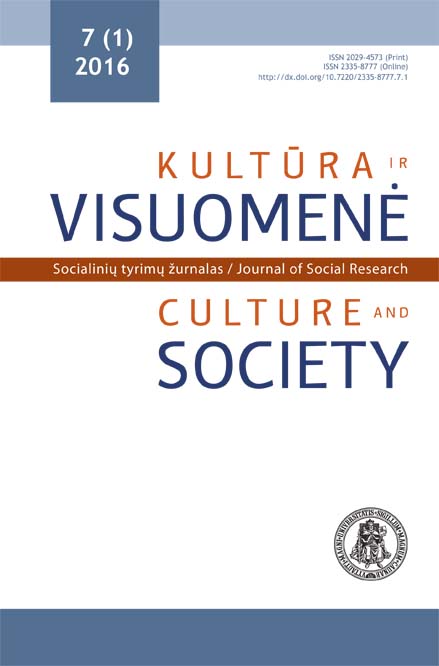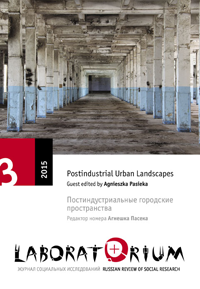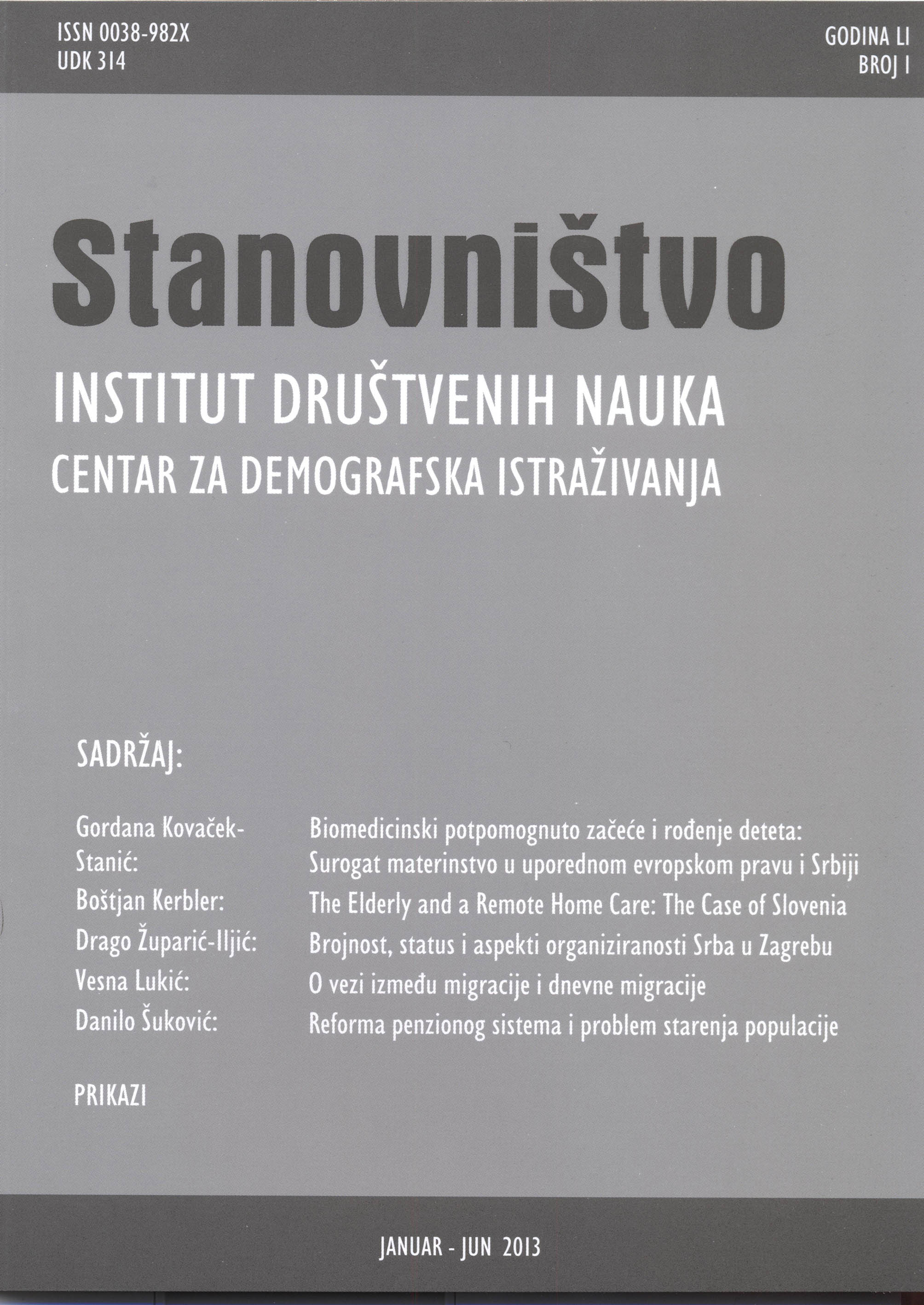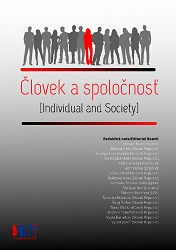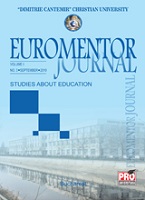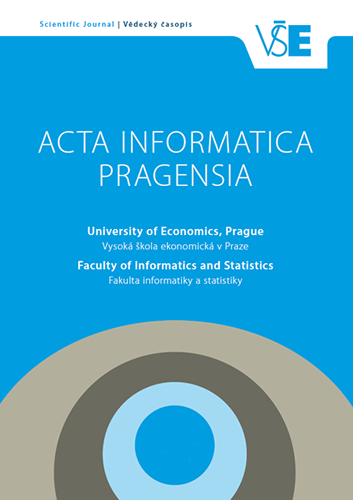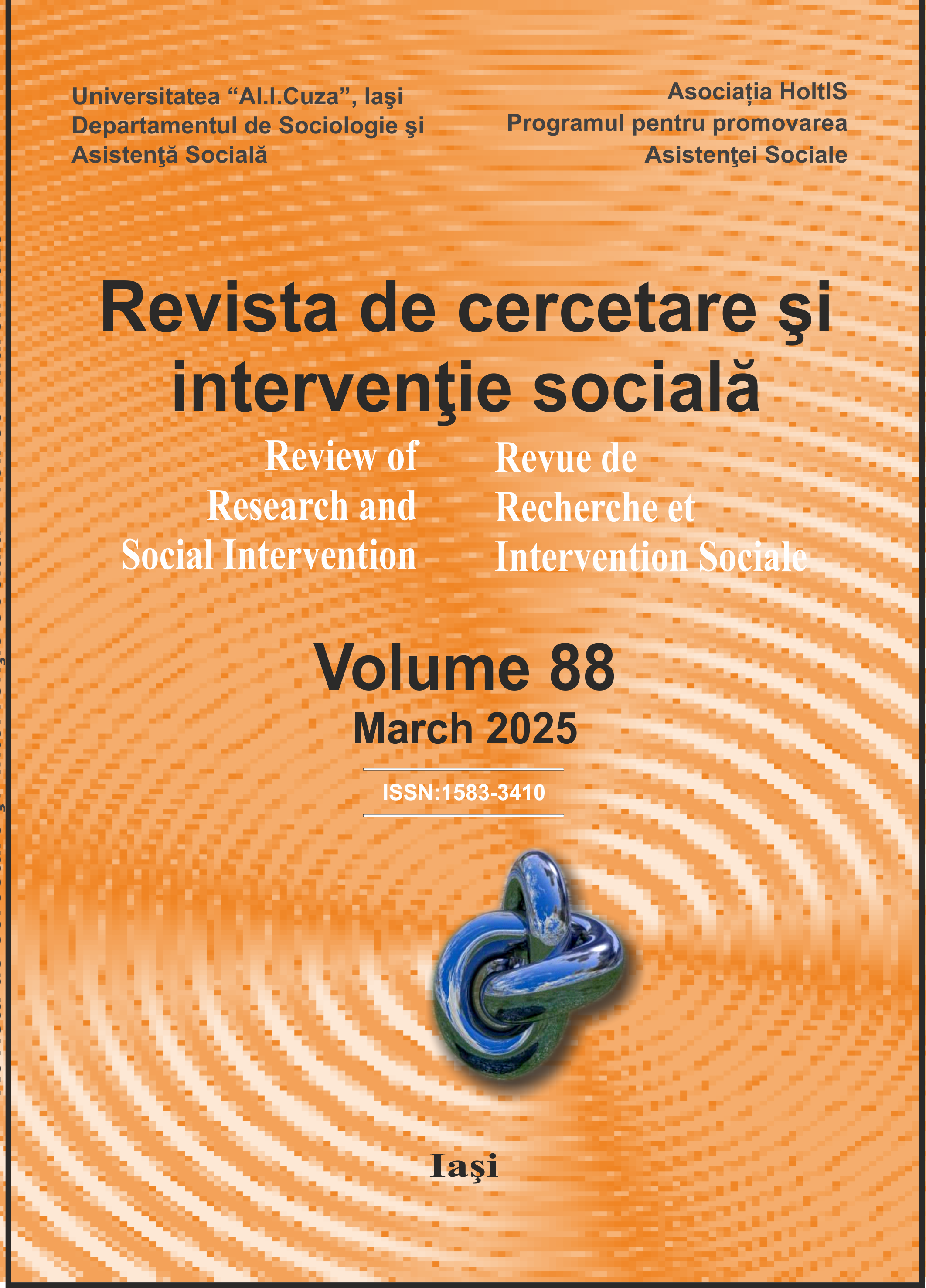Author(s): Miroslava Köverová,Beáta Ráczová / Language(s): English
Issue: 1/2021
The older population is considered one of those with the highest risk of severe coronavirus infection (Public Health Authority of the Slovak Republic, 2020). This study is a part of research focused on the analysis of the psychosocial aspects of the perception and emotional experience of older Slovak adults as a risk group during the first wave of the COVID-19 pandemic. Objectives: The first aim of this research was to examine how older adults in Slovakia perceived and experienced the first wave of the COVID-19 pandemic. We were focused on their negative emotional experience – the levels of perceived stress, anxiety and concern (regarding a fear of COVID-19 infection). The second aim was to identify differences in negative emotional experience in older adults according to demographic characteristics. The final aim was to analyze the demographic and psychological characteristics of those groups of older adults who reported extremely low and extremely high levels of negative emotional experience (perceived stress, anxiety, or concern). Method: The research was conducted online during the first wave of the COVID-19 pandemic. The participants were 607 adults from Slovakia; 429 women and 178 men aged 61-93 (M = 68.97; SD = 4.76). They completed a State-Trait Anxiety Inventory, State version (Spielberger et al., 1983), a Perceived Stress Scale (Cohen et al., 1983), and the authors’ scales focused on the assessment of the levels of fear of COVID-19 infection (concern), satisfaction with health, powerlessness, ability to deal with the situation of pandemic, loneliness, social isolation, and perceived danger of COVID-19 for themselves, their families and friends and people in Slovakia. Jamovi 1.6.15 and IBM SPSS Statistics 25 software (t-test, Pearson and Spearman correlation coefficients, one-way ANOVA, Chi-square) were used for data analysis. Results: Descriptive analyses showed that older adults experienced low levels of perceived stress, moderate levels of anxiety, and moderate levels of concern during the first wave of the COVID-19 pandemic. They reported moderate satisfaction with health, low levels of powerlessness, high levels of perceived ability to deal with the situation of the pandemic, moderate levels of loneliness and social isolation, and moderate to high levels of perceived danger of COVID-19 for themselves, their families and friends and people in Slovakia. The second step of the analyses was focused on the differences in perceived stress, anxiety, and concern according to demographic characteristics (gender, employment status, marital status, and household composition). Between-group analyses showed only gender differences in anxiety and concern – women reported higher levels of anxiety and concern than men. The third step of the analyses was focused on the comparison of the demographic and psychological characteristics between the groups of older adults who experienced extremely low and extremely high levels of negative emotions during the pandemic. Two groups were observed only in the case of concern: group 1 with older adults reporting an extremely low fear of COVID-19 infection (n = 51) and group 2 with older adults reporting an extremely high fear of COVID-19 infection (n = 40). Regarding the demographic characteristics, the two groups of older adults differed significantly only in gender – more women than men experienced an extremely high concern that they would be infected with coronavirus. Age distribution was equivalent across both groups – the also comprised of similar numbers of older adults who were single, married, divorced, or widowed and those who lived alone, with a spouse, with a spouse and children, or with children and family. However, significant differences between the two groups were found in psychological characteristics – older adults with extremely high concern reported low satisfaction with health, high powerlessness, low ability to deal with the situation of the pandemic, high loneliness and social isolation, and high perceived danger of COVID-19 for themselves, their families and friends and people in Slovakia. Limits and conclusions: One of the limitations of the research is that no data were obtained from older adults who were clients of social service facilities; mainly due to restrictions and measures existing at the time of data collection. The research sample consisted only of older adults who lived in their home environment and communicated via social networks. Online skills could have enabled them to search for information about the pandemic or to stay in contact with other people. All this could have positively affected their perception and emotional experience during the first wave of the COVID-19 pandemic, in contrast to the clients of the social service facilities. Despite this limitation, the research study has brought important findings. It showed that older adults did not experience the first wave of the pandemic only negatively and uncovered a risk group of older adults which was at increased risk of negative psychological effects (concern) during the COVID-19 pandemic. The identification of people who are most vulnerable in the elderly population is a key element for providing specific and effective psychological or social assistance.
More...
